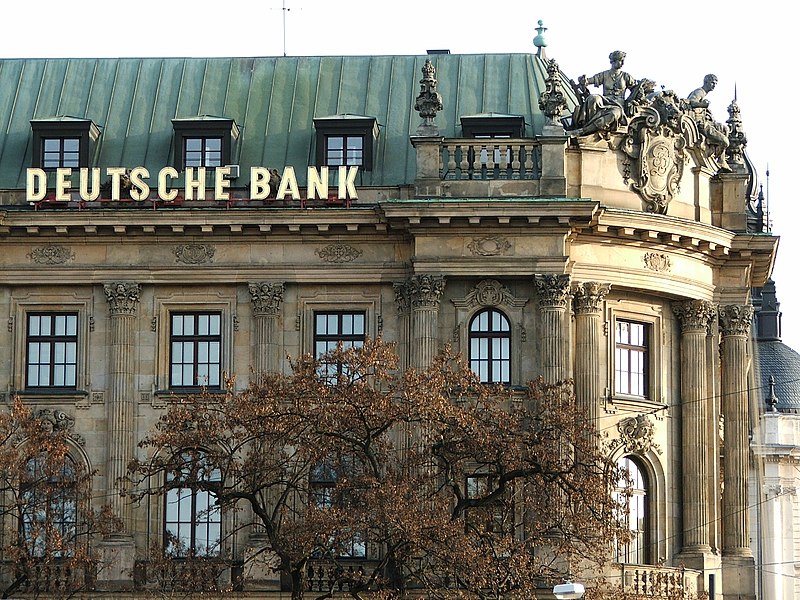
Germany is bracing for an extended recession, surpassing previous analyst predictions, as a recent survey reveals a continued decline in business confidence for the second consecutive month.
The Munich-based Ifo Institute for Economic Research reported a significant drop in its business climate index, falling from 91.5 in May to 88.5 this month—a decrease of more than 1.5 points beyond initial projections.
Clemens Fuest, President of Ifo, stated, "Sentiment in the German economy has noticeably darkened."
Last month, Germany's gross domestic product (GDP) contracted by 0.3% during the January to March period, delivering an embarrassing blow to the German government that had boldly raised its growth forecast for the year.
Initially, the government anticipated a 0.4% GDP growth, a significant upgrade from the 0.2% expansion predicted in late January. However, it is now expected that this forecast will require downward revision.
Contrastingly, the International Monetary Fund (IMF) recently conceded an error in its assessment of the post-Brexit British economy, which is now projected to evade a recession despite the United Kingdom's departure from the European Union.
The IMF now forecasts a 0.4% growth for the UK's economy in 2023, contradicting its earlier prediction of a 0.3% contraction.
Meanwhile, Germany faces a more somber outlook, with several economists warning of an extended recession.
Franziska Palmas, Senior Europe Economist at Capital Economics, remarked, "The decline in the German Ifo, along with the drop in the Purchasing Manager's Index (PMI), indicates that German GDP likely contracted for the third consecutive quarter in Q2."
Capital Economics predicts that the German economy will remain in recession throughout 2023.
Joerg Kraemer, Chief Economist at Commerzbank, affirmed, "We are becoming more certain that the German economy will contract again in the second half of the year."
Carsten Brzeski, Global Head of Macro at ING, added, "It is evident that the optimism at the beginning of the year has given way to a greater sense of reality."
According to Klaus Wohlrabe, Head of Ifo Surveys, the economy faces an extended recession due to weakened domestic demand and reduced expectations among exporters.
Wohlrabe told Reuters in an interview, "The probability has increased that gross domestic product will also shrink in the second quarter."
In contrast, the Bundesbank announced on Monday that it expects the recession in Germany to conclude soon, projecting a slight GDP increase in Q2 2023.
"Private consumption should reach its lowest point," stated experts from the German central bank in a report. They added that real disposable incomes of households are stabilizing despite persistently high inflation.
However, the Ifo survey highlights widespread concerns across various sectors of the German economy, particularly the manufacturing sector, which experienced the most significant decline this month.
Mateusz Urban, Senior Economist at Oxford Economics, noted, "It is evident that the industry is still grappling with fading demand, as observed in Friday's PMIs, which indicated that the largest economy in the eurozone is deeply entrenched in contractionary territory, with backlogs shrinking rapidly and destocking intensifying."







































